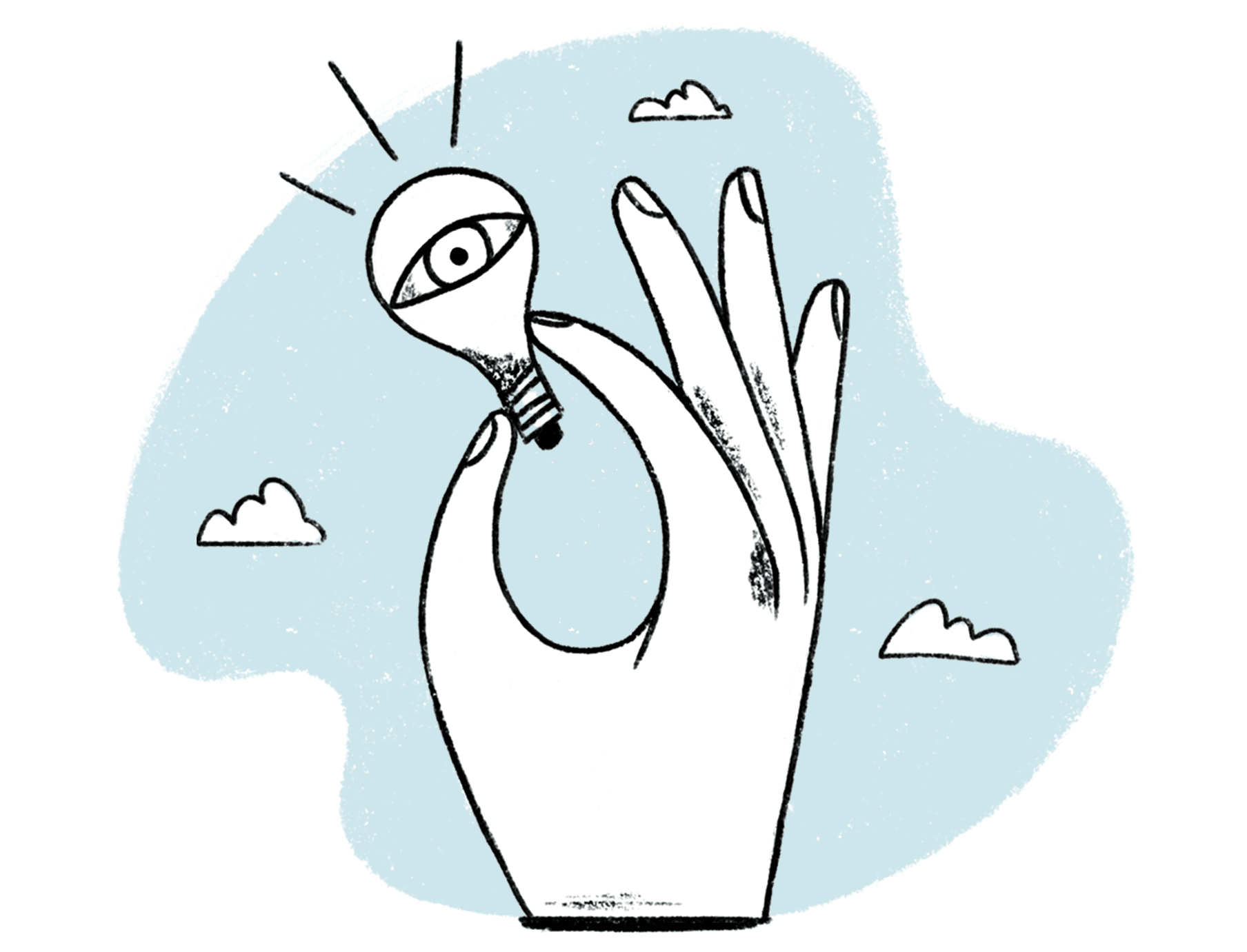
15 September 2023
4 min.
Autonomous learning
4 August 2021
5 min.

If there is one subject we are passionate about at Boostalab, it is learning how to learn. In all seriousness, we can spend hours discussing it without getting bored. And we have — time and time again.
Contrary to what one might think, learning is not just a matter of school education. Look at children, they learn constantly and in all circumstances. As adults, we would do well to learn from them.
The truth is that in our daily lives as adults, in the world of work, as parents, or simply as human beings as we go about our daily lives, we are often required to learn new skills.
We are constantly confronted with new situations and the world around us is changing rapidly. Remember, for example, all the things you had to learn when you first moved in on your own: how to pay for your electricity; where, when, and how to manage your garbage; how to cook… If you are a young parent, think about the time you had to change your newborn’s diapers for the first time. And in the corporate world, do you remember the training sessions you went through to become proficient in a new position or to learn how to use the latest software implemented by the IT department?
18100
In Canada, according to Google, nearly 18,100 searches beginning with the term “how to” are made each month on search engines and 3,170 times for “how to learn.”
This shows that we are all potential learners, whether we realize it or not.
Experts and studies suggest that it is easier to learn as a child. This is because children have everything to discover. Their brains are fresh and untouched by knowledge, like a canvas waiting to be painted.
The more we progress in life, the more the brain reinforces the connections it already knows. Acquired knowledge sometimes becomes beliefs and habits become automatic. However, one of the keys to learning successfully lies in our ability to unlearn and to question what we already know. As an adult, learning is more complex because we must also learn to undo connections, which is less necessary when we are children.

Second, children naturally have this curiosity and capacity for wonder that makes learning fun. This is something we tend to forget over time. However, the joy of learning is a component of intrinsic motivation and is a significant learning lever.
That said, it is not because we are adults that we are unable of learning to learn. On the contrary! It is possible to learn how to learn and to rediscover the joy of doing so.
When we understand how these mechanisms work, we are able to reproduce them. Indeed, when we know how to destabilize ourselves intentionally and navigate a learning experience (i.e., the development of new habits), it is easier to leave our comfort zone again.
In other words, when we are aware of our learning process, we can more easily avoid falling into the spirals of self-doubt, second-guessing, weariness, and embarrassment that sidetrack us. We can therefore practice the new habits we want to develop more quickly!
By developing new skills, whether they are transversal or technical, you improve your employability. Indeed, the world of work evolves rapidly. To stay up to date and not feel that events are passing you by, it is important to stay on top of trends and new practices.
Companies are hungry for leaders, managers, and employees who are skilled in the latest solutions or embody the best work practices. In fact, if you are interested in becoming a manager, developing your team management skills, such as establishing good team standards or practices of collaboration, recognition, and constructive feedback, will help you achieve your goals.
Learning to use a new software program may take you a few hours, but will probably save you valuable time over the next few years.
And what about transversal skills? Once learned, these skills are there for life and will always be put to good use, no matter what job you have. And it’s not limited to employment, as what you learn about kindness or recognition over time will benefit you in other areas of your life, such as your relationship with a partner or with friends or children.
One of the reasons everyone on the Boostalab team loves learning is that we make it fun and inspiring. When we learn something, we share it with the team. We talk to each other. This contributes to our psychological proximity. Sometimes (often), our discoveries make us laugh and smile. Finally, we feel great pride in learning. We feel more competent and we feel like we are constantly becoming better versions of ourselves.
So, want to learn how to learn?